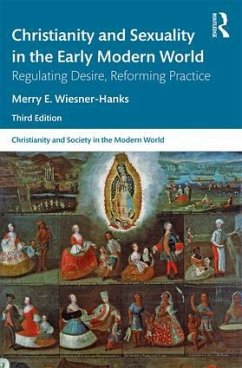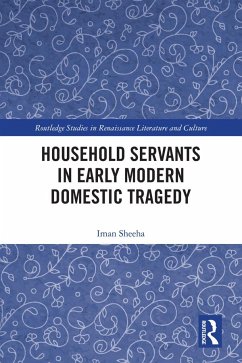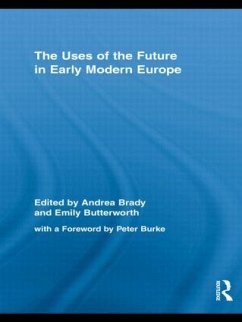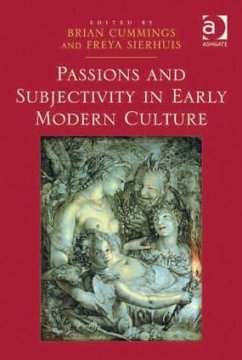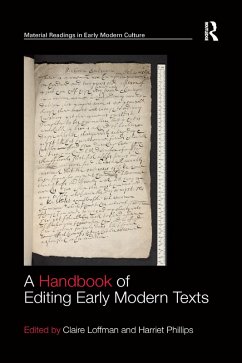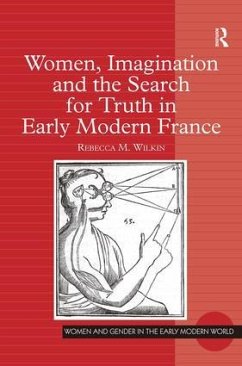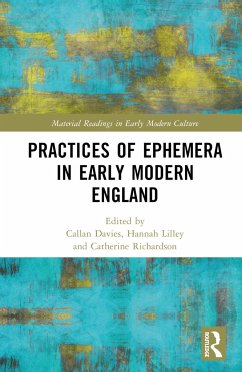
Death and the Early Modern Englishwoman
Versandkostenfrei!
Versandfertig in 2-4 Wochen
62,99 €
inkl. MwSt.
Weitere Ausgaben:

PAYBACK Punkte
31 °P sammeln!
This study explores the female experience of death in early modern England. By tracing attitudes towards gender through the occasion of death, it advances our understanding of the construction of femininity in the period. The first part of the book gives a cultural and historical overview of death in early modern England, examining the means by which human mortality was confronted, and how the fear of death and dying could be used to uphold the mores of society. The second part of the study analyzes reports of 'good' and 'bad' female deaths. The third section of the book considers how death co...
This study explores the female experience of death in early modern England. By tracing attitudes towards gender through the occasion of death, it advances our understanding of the construction of femininity in the period. The first part of the book gives a cultural and historical overview of death in early modern England, examining the means by which human mortality was confronted, and how the fear of death and dying could be used to uphold the mores of society. The second part of the study analyzes reports of 'good' and 'bad' female deaths. The third section of the book considers how death could, paradoxically, liberate a woman. In this section Becker evaluates the opportunity for female involvement in dying and posthumous rituals, including funeral rites and sermons, commemorative and autobiographical writing and literary legacies.




